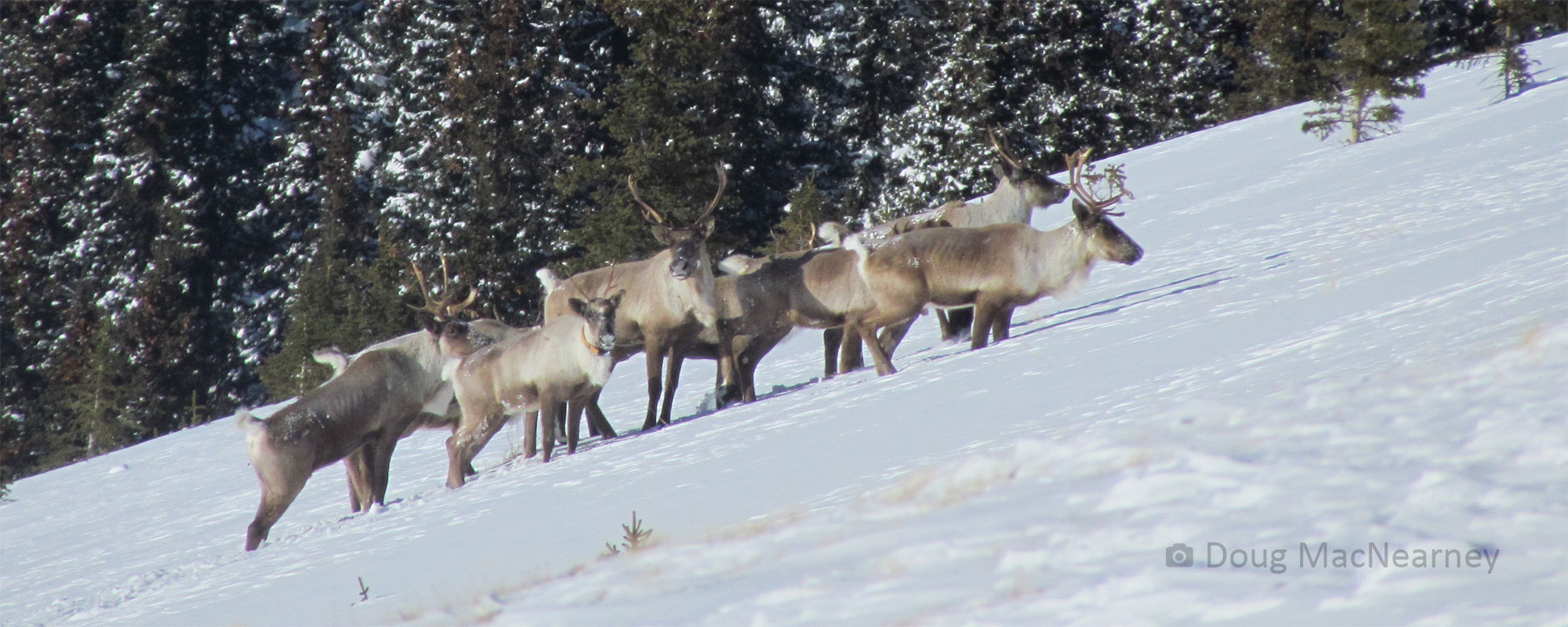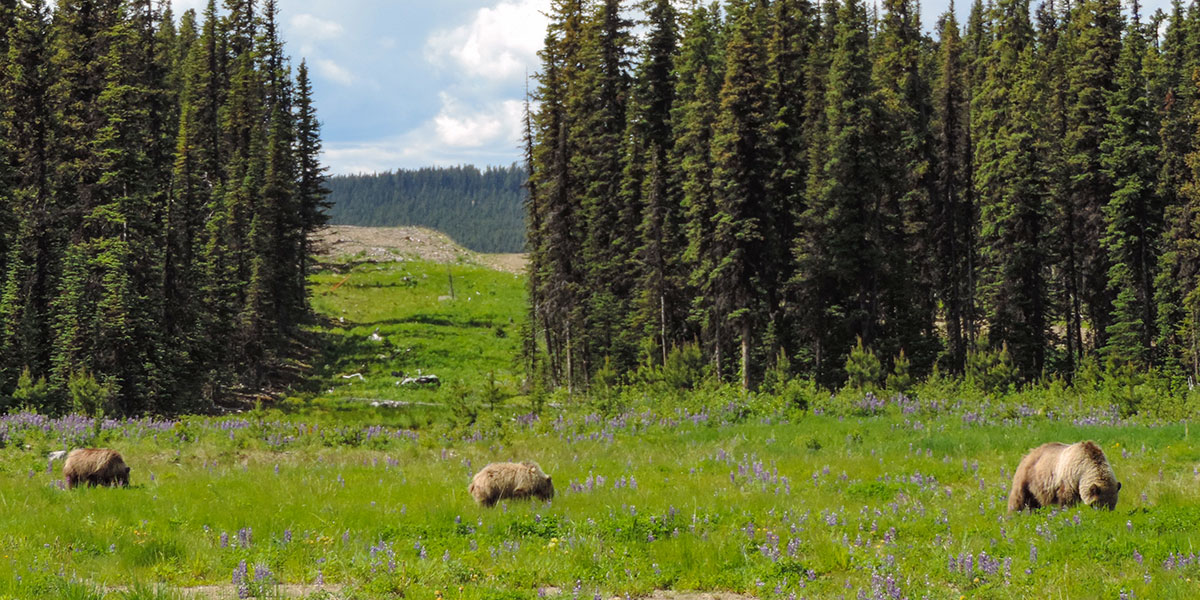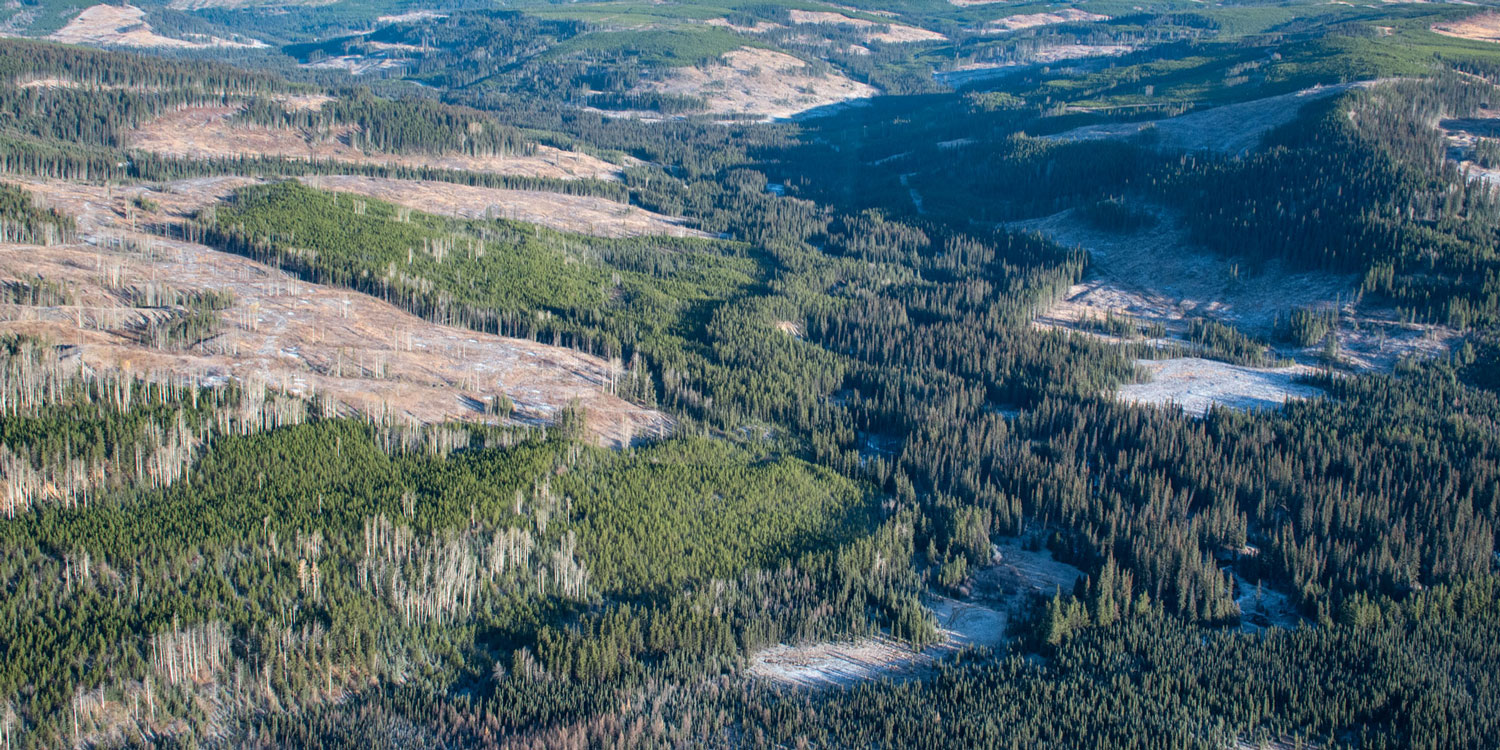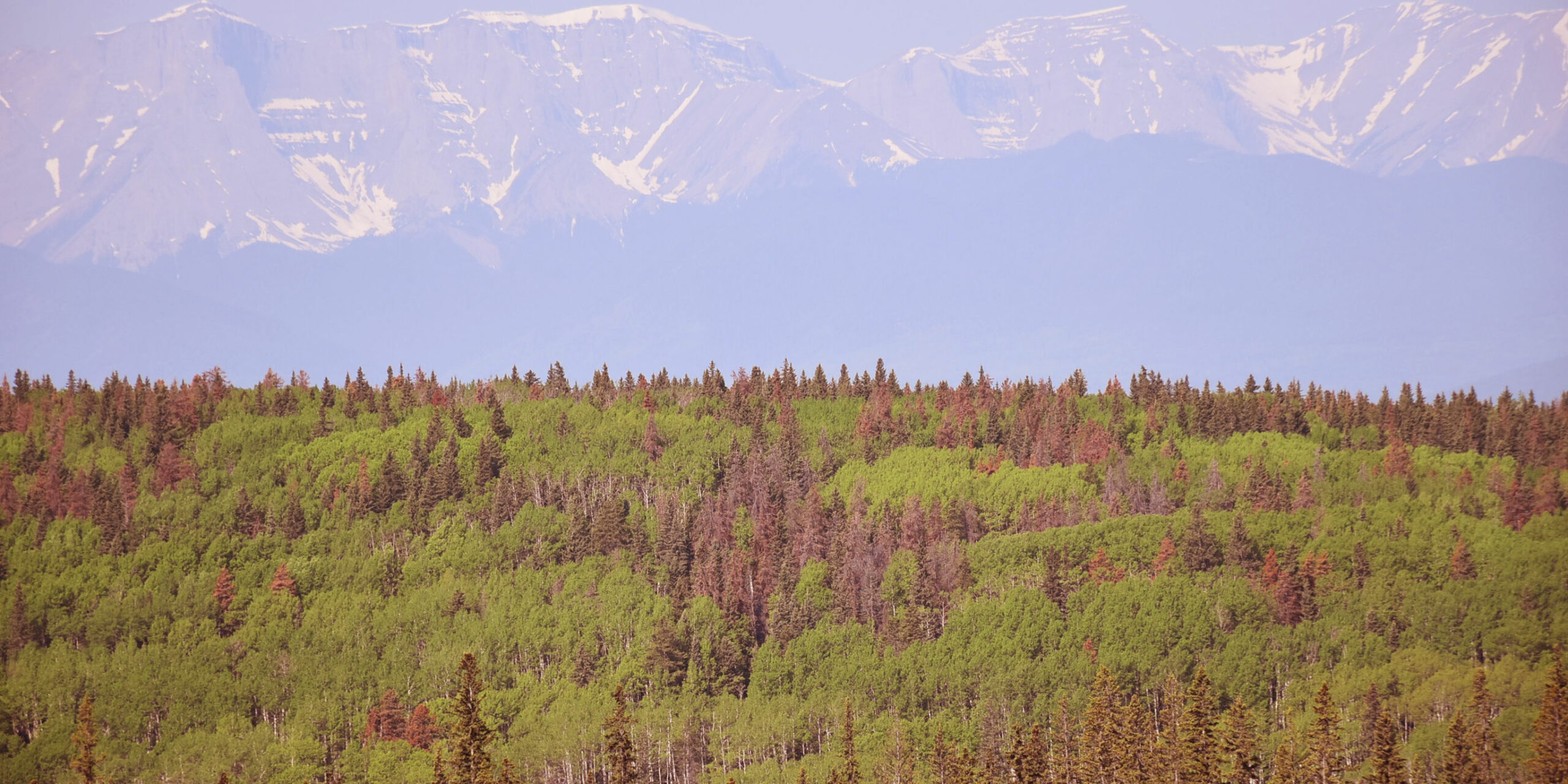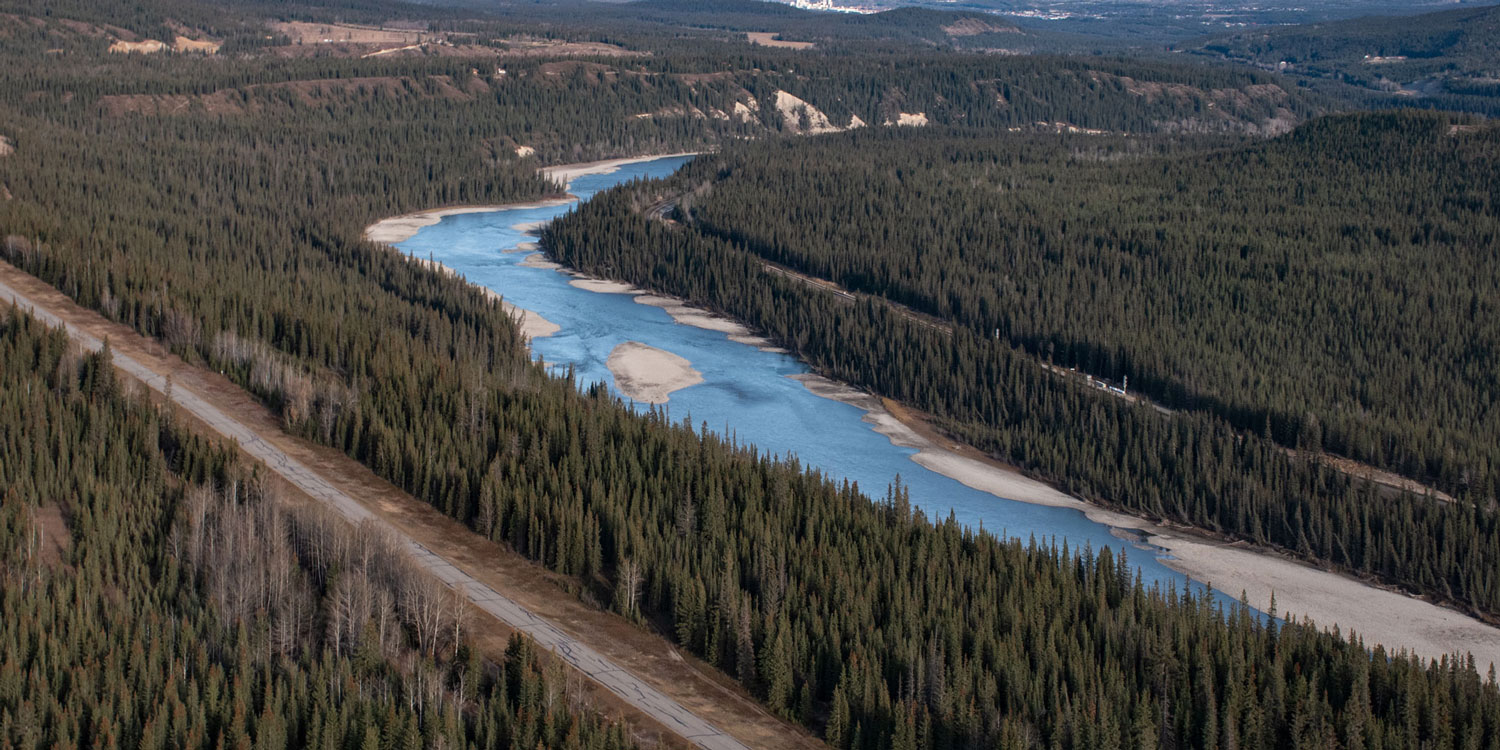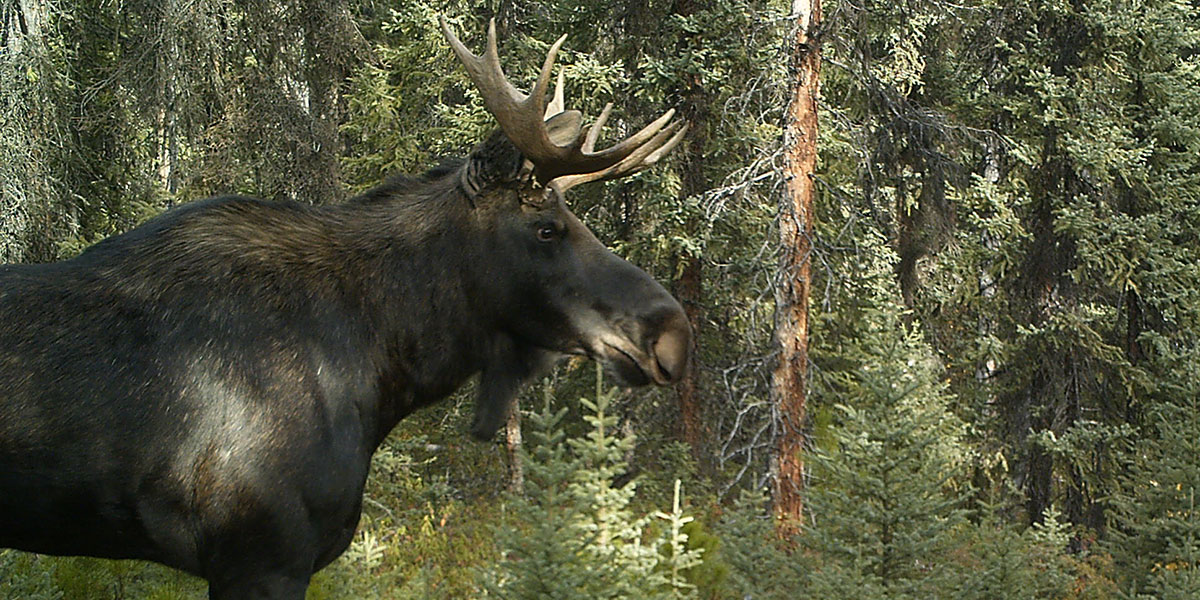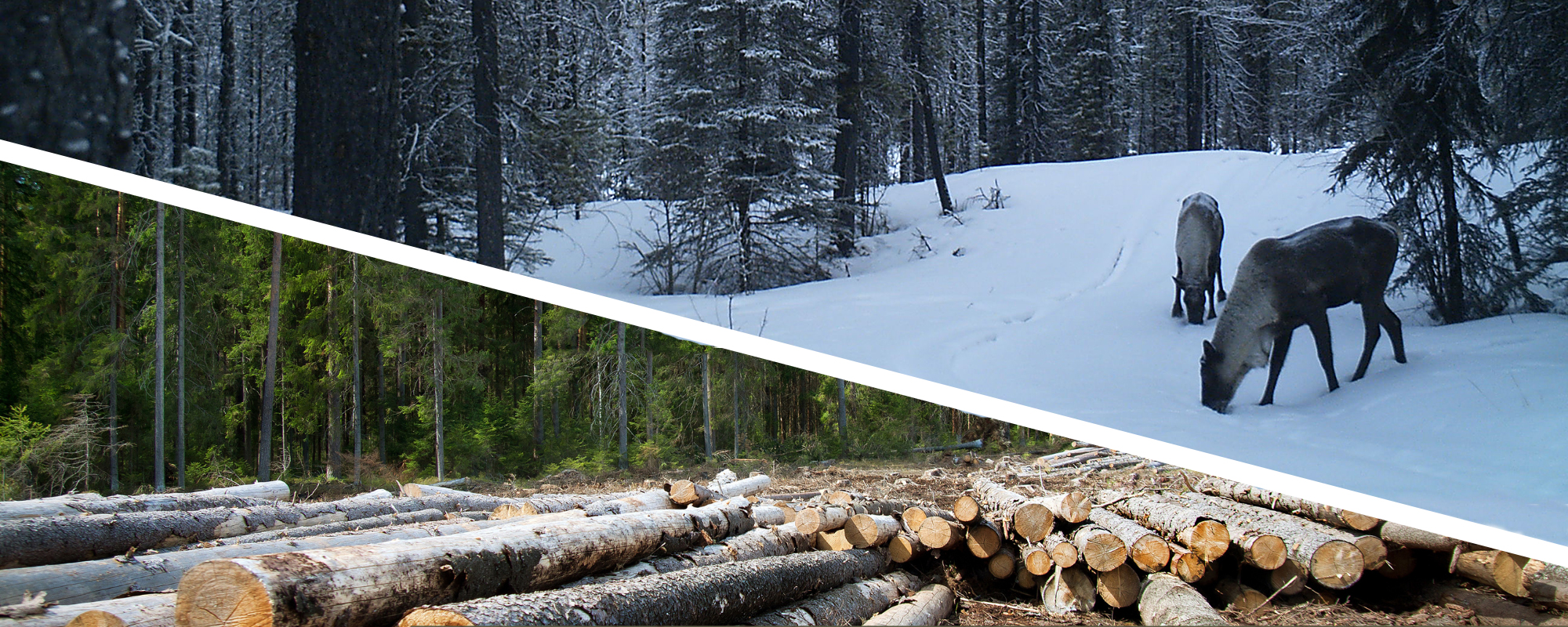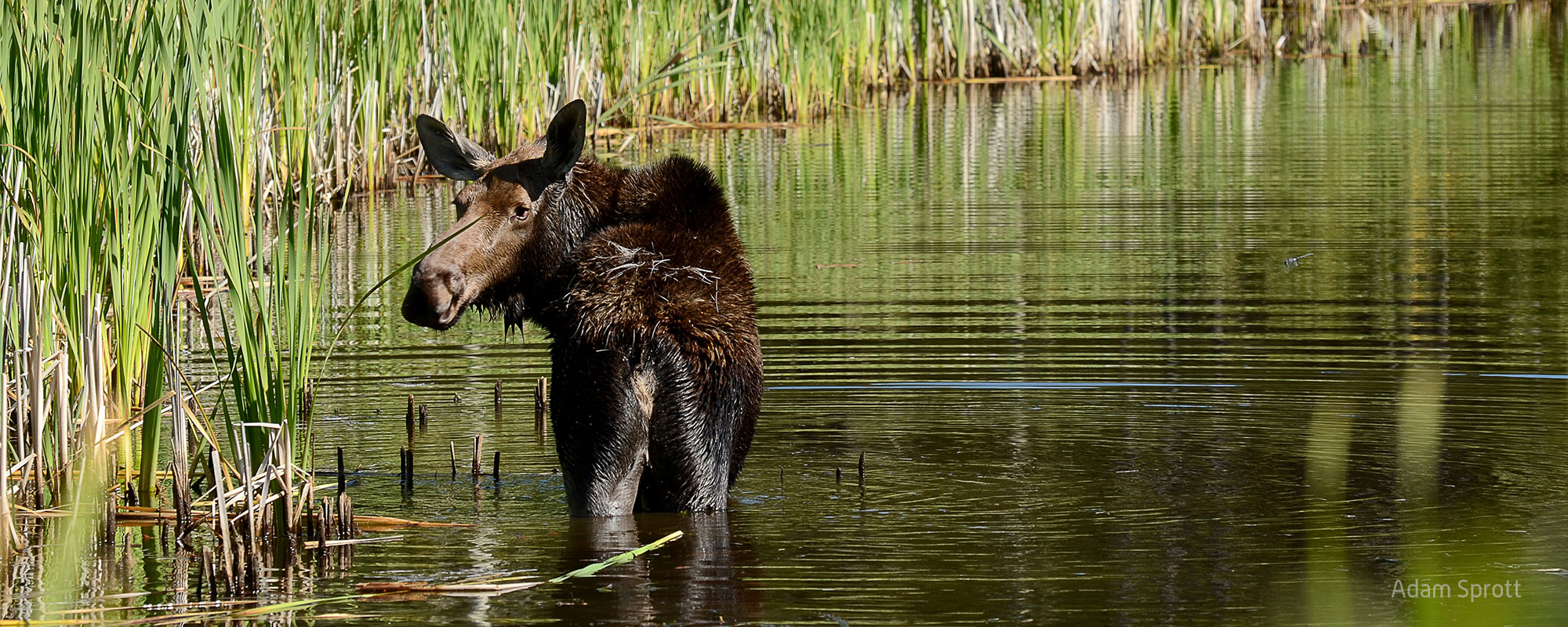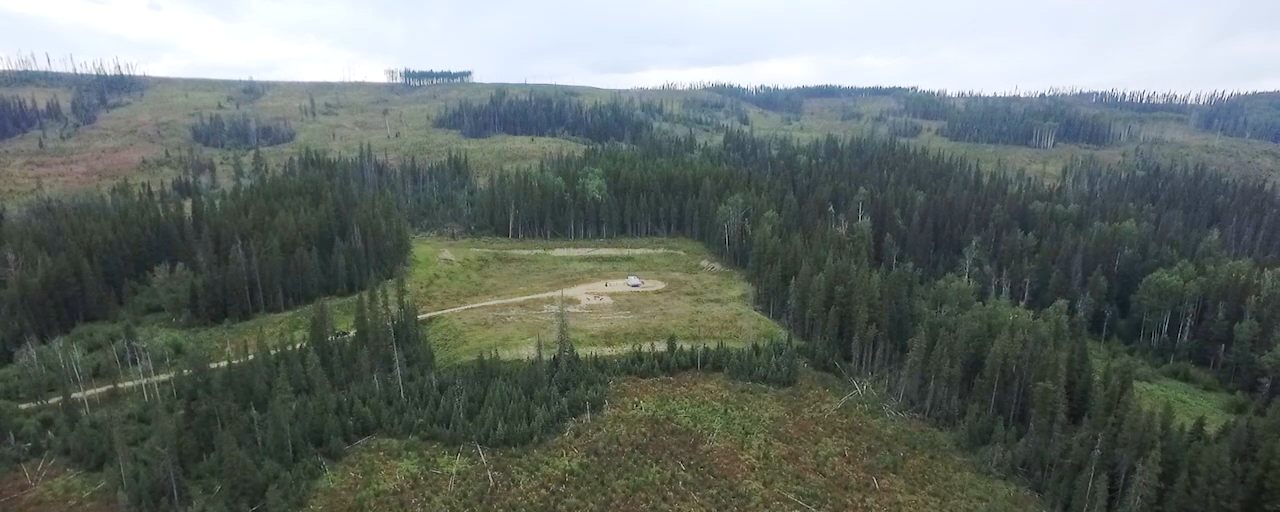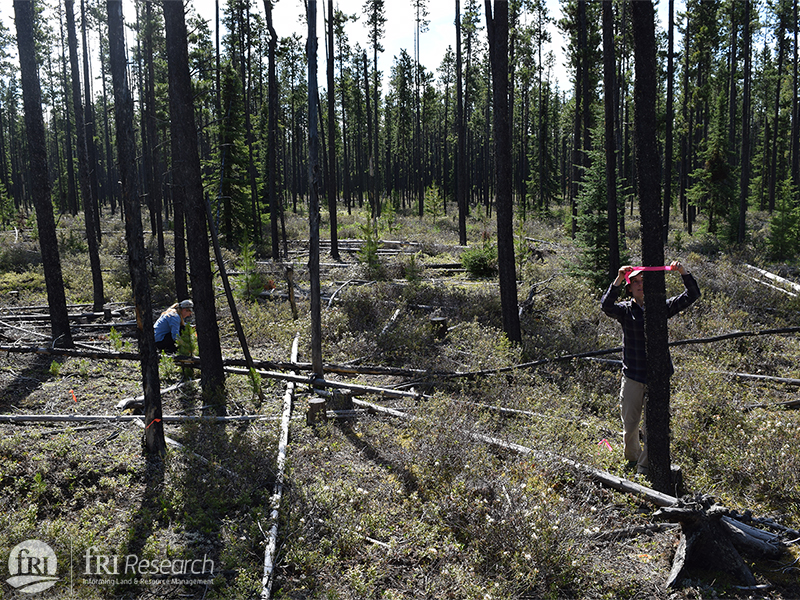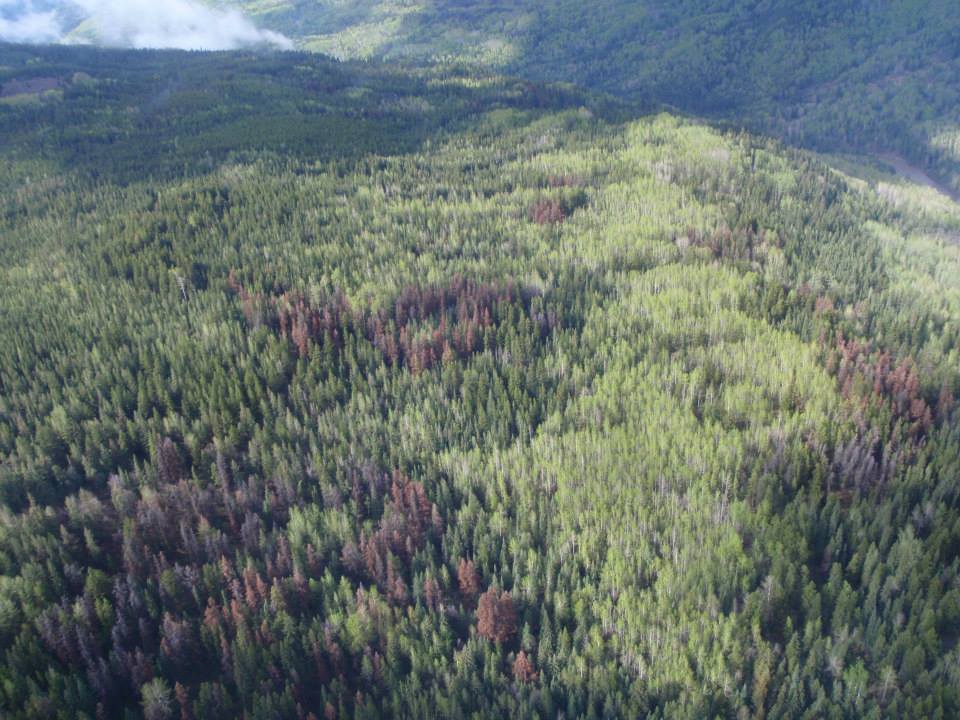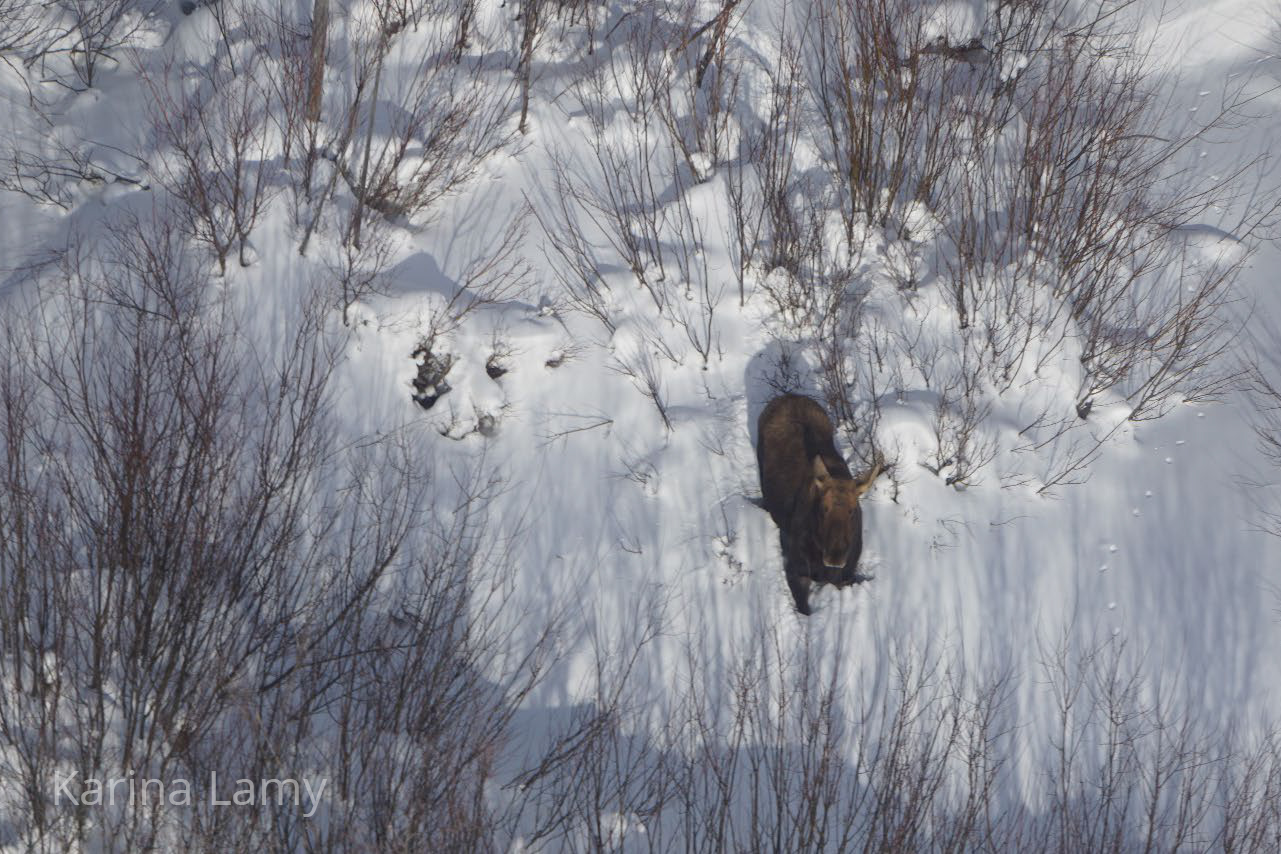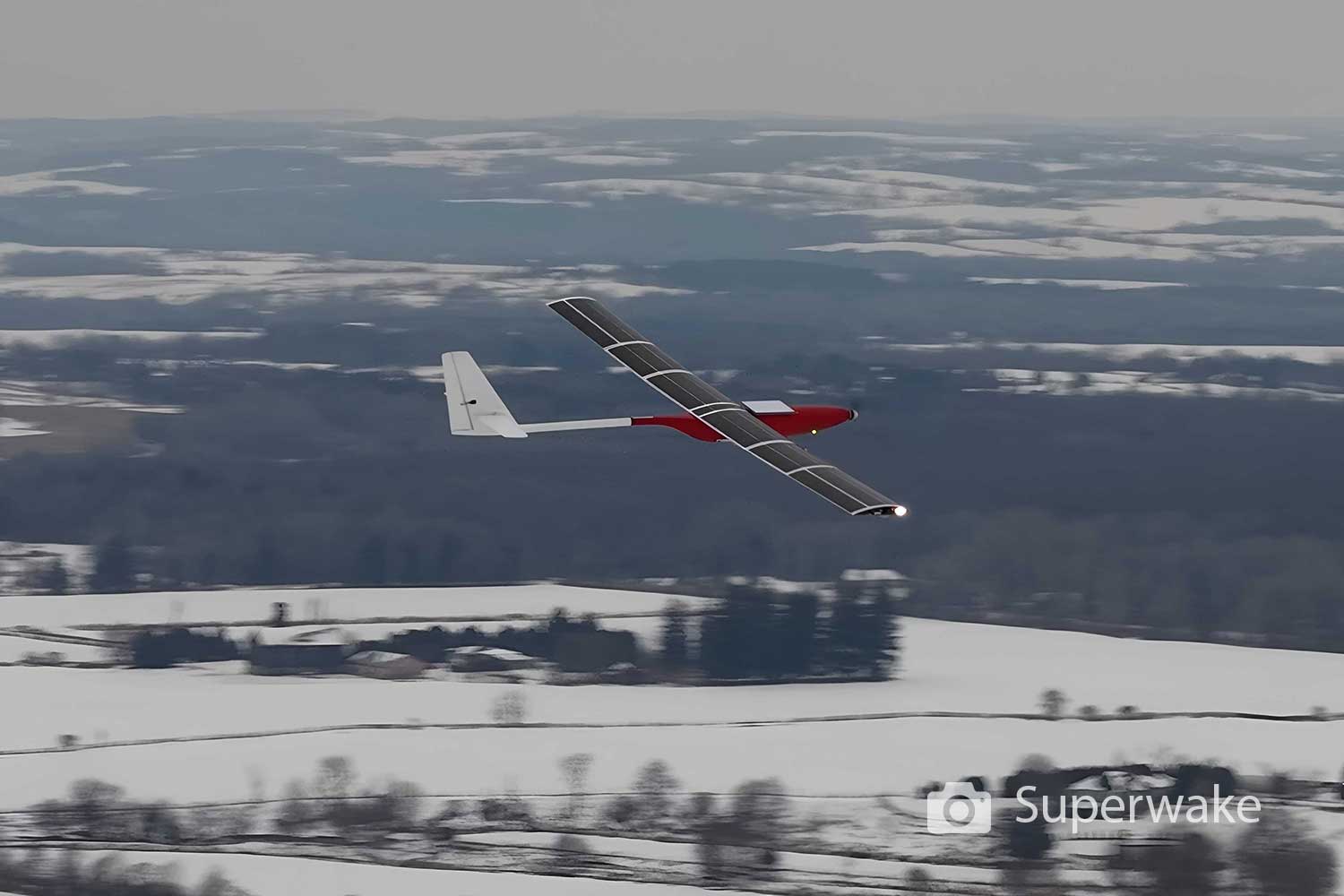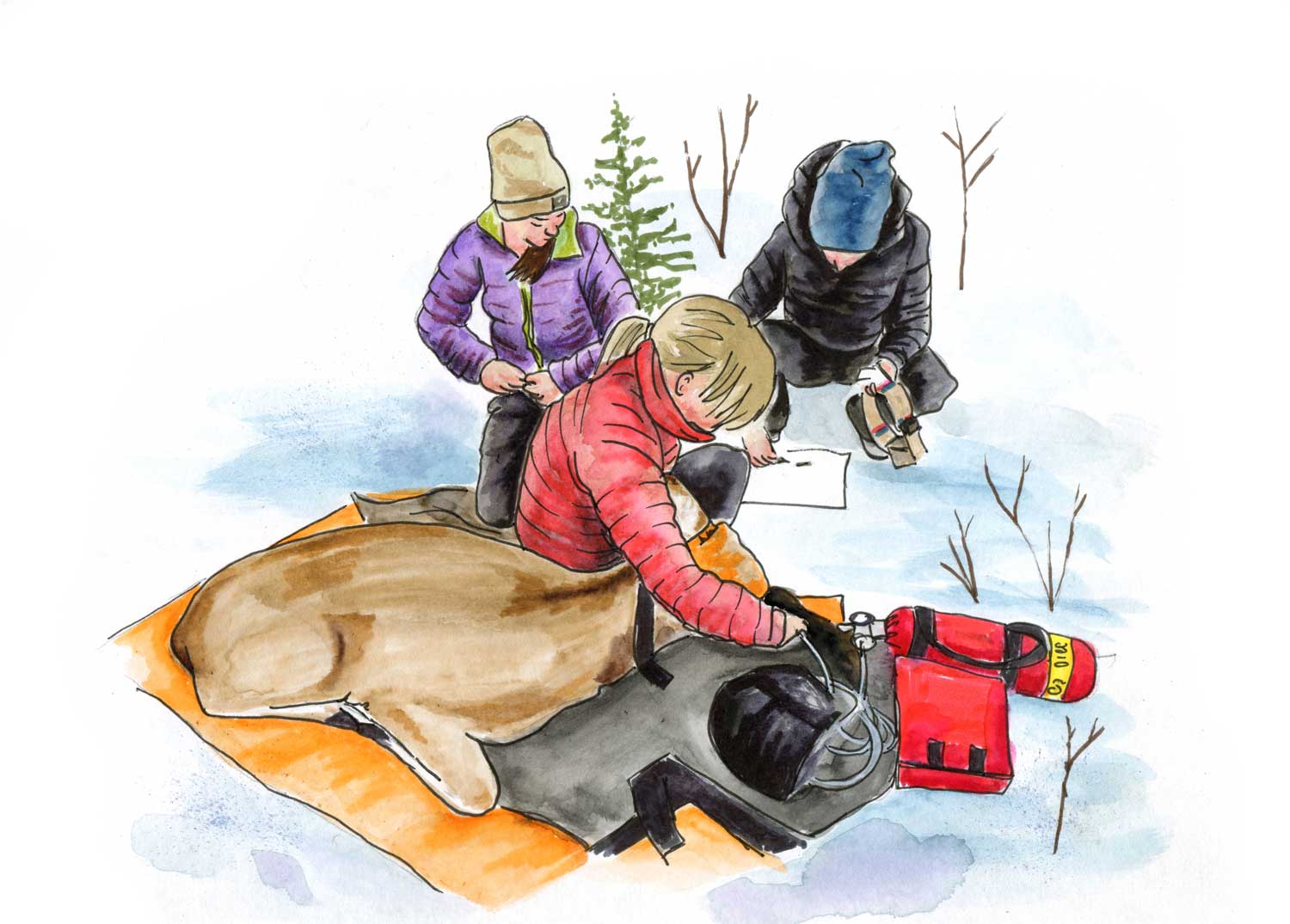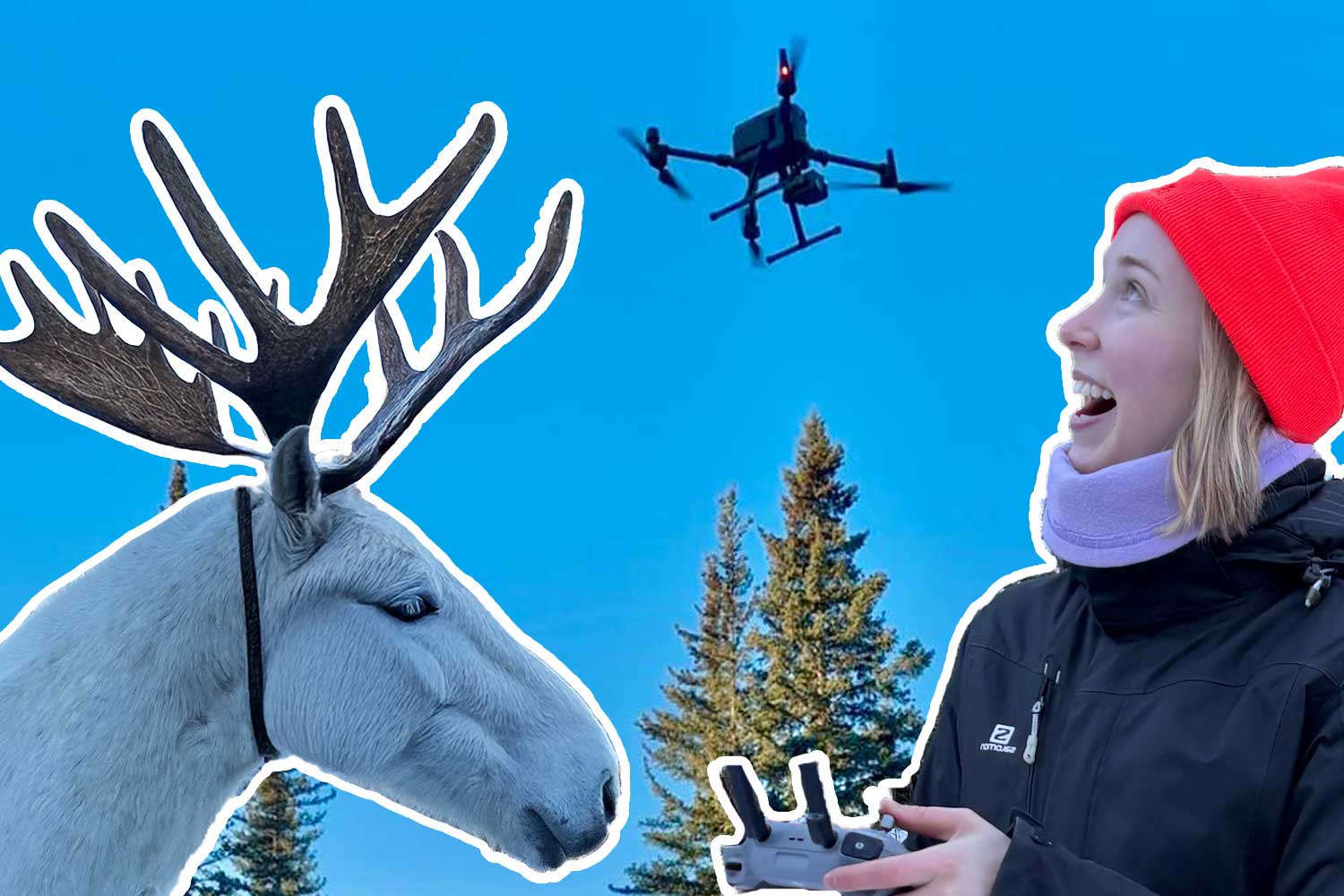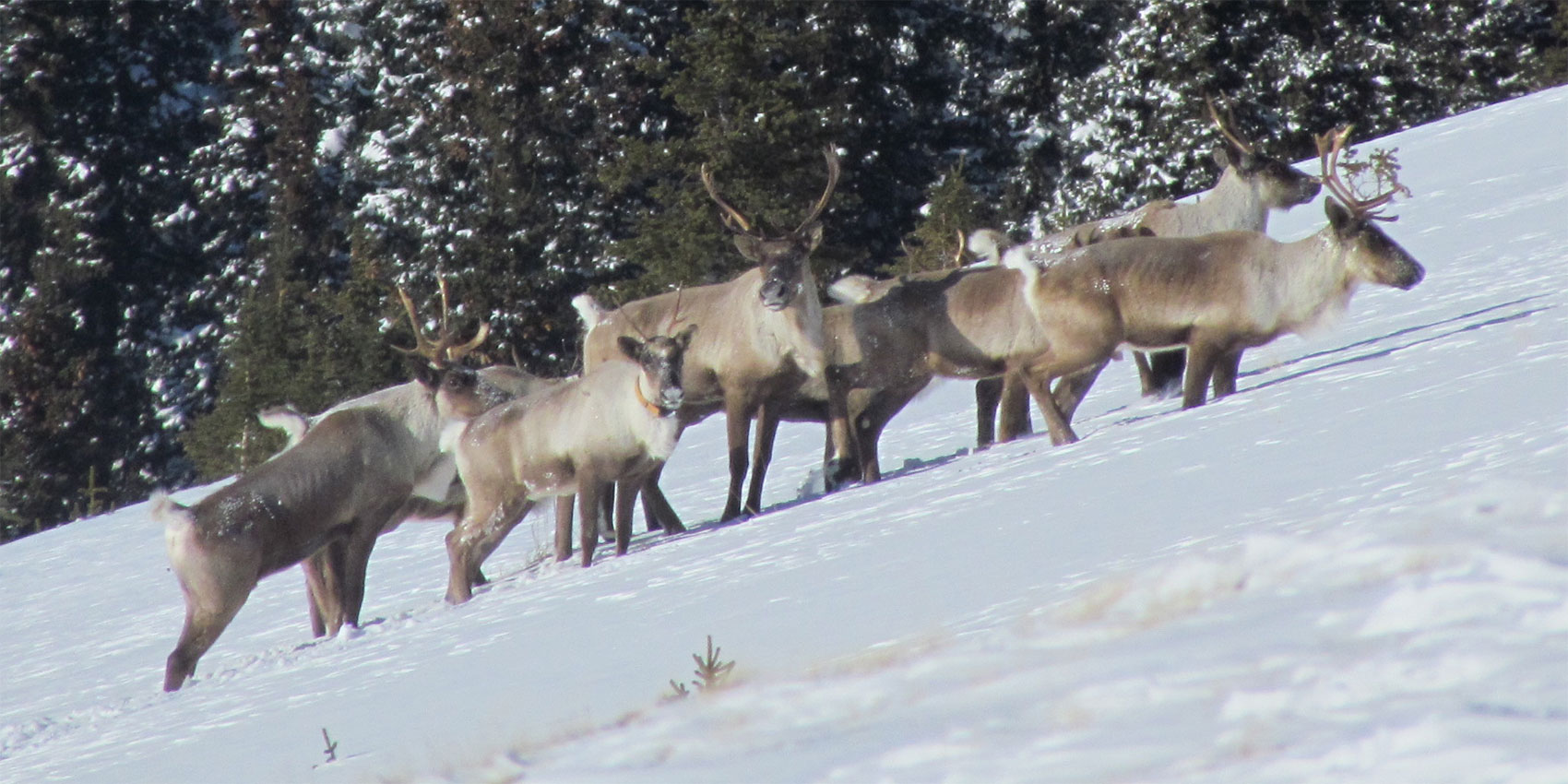
Caribou Program
Applied research focused on caribou in western Canada.
This applied research program was launched in 2013 to address declining caribou herds by providing scientific guidance to reduce the impacts of human activity and prioritize restoration.

Research Themes
Linear Features
Caribou ranges in west-central Alberta are criss-crossed by tens of thousands of roads, seismic lines and pipelines. Since the Caribou Program began in 2013, one of areas it has focused on is to understand exactly what impact these disturbances are having on caribou and other relevant species. We have then created GIS maps and tools so that partners can prioritize the restoration of linear features to maximize the benefit to caribou herds.
Forestry
This suite of projects examines how humans are changing the landscape for caribou, and seeks to provide practical knowledge and tools so that through targeted conservation and restoration, land managers can improve their operations to benefit caribou.
Health and Predation
Key to conserving caribou herds in Alberta is understanding the relative risks of factors such as different predators, disease, stress from anthropogenic disturbance, lack of high quality habitat, and other environmental hazards.
Mountain Pine Beetle & Management
As mountain pine beetle spreads through caribou ranges in Alberta, both the stands wiped out by the beetle itself and the actions taken by people to manage the beetle could impact caribou recovery.
A previous fRI Research program, the Woodland Caribou Program, was active from 1993 until 2005.
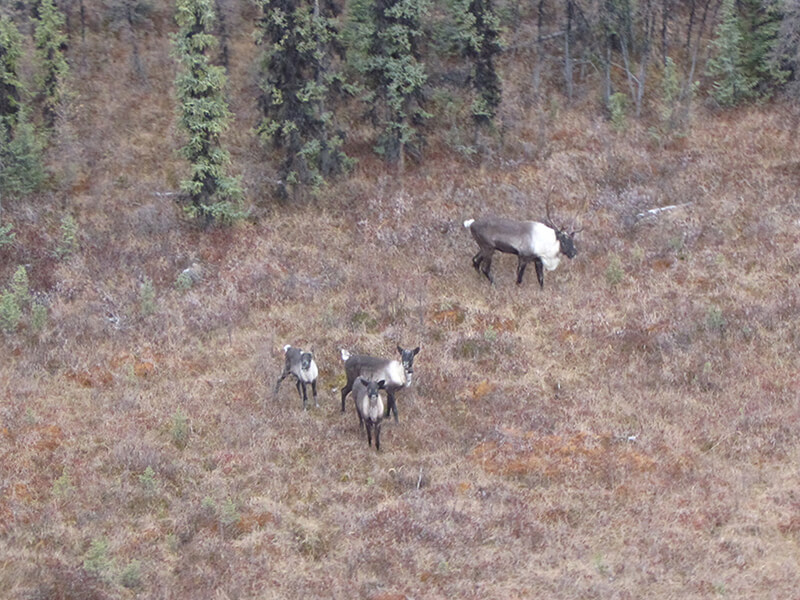
Identifying High Residency Habitat and Functional Movement Paths for Caribou in West-Central Alberta
A
F
R







Woodland caribou are declining across Alberta and British Columbia because industrial activity has degraded and fragmented their habitat. They have been listed as Threatened since 2003 under the Species at Risk Act. Large areas of relatively undisturbed, interconnected habitat with few predators are essential for the recovery of caribou. Caribou Webtools is designed to help support conservation efforts and provide habitat information for natural resource managment. The webtools include five habitat models and a disturbance dashboard that allow users to edit footprint and run landscape scenarios. Caribou Webtools was developed by the Caribou and GIS Programs.

